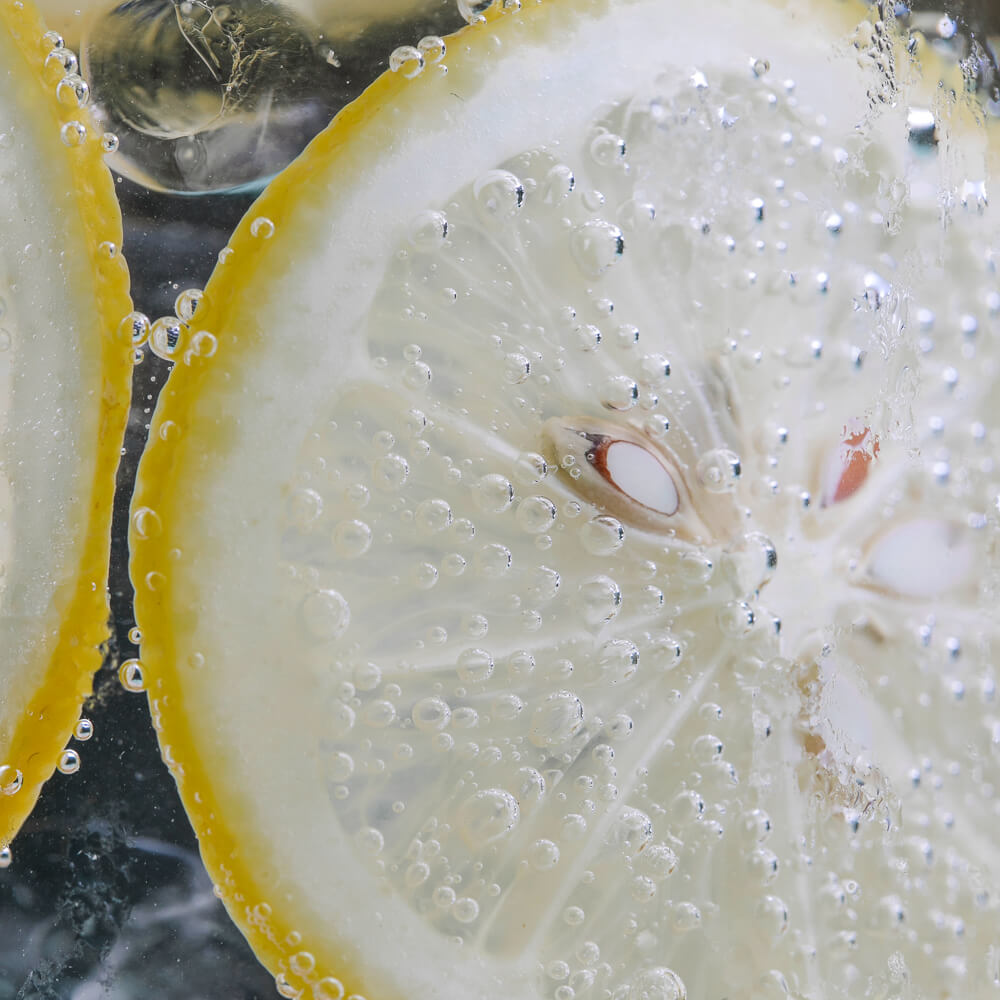Claim No1. "Water with lemon will help you lose weight."
If you want to know more about this, read our article or watch our video about detox diets. Here I will give you just the ways that lemon water can make you lose weight.
- Way no. 1: drink water with lemon and do not eat anything.
- Way no. 2: drink water with lemon and diet at the same time.
Of course, if you do not eat anything, or if you are on a diet, you will lose weight anyway, so you do not even need to drink water with lemon. So myth or fact? Clearly a myth.
Claim No2. "Lemon water detoxifies the body."
If you did not see the video for the detox diets that I mentioned before click here to read at least the article. Yes, nutrients and other bioactive ingredients in food can help our liver enzymes which in turn help us in detoxification.
Such substance is limonin, which yes, you guessed it, is present in lemons (1). However, the appropriate doses that help the human body to detoxify remain unclear, as well as the potential health effects. So myth or fact? I will say myth, because we do not know if this concentration in water helps in detoxification and if it helps to what extent.
Claim No3. "Water with lemon helps digestion."
Stomach acids responsible for in digestion and the truth is that lemon juice seems to increase their secretion (2). However, its effect on digestion is not clear.
Another perspective is that citric acid improves digestion by "supplementing", the acids already present in the stomach.
However, in addition to conditions such as hypochlorhydria, the stomach can produce as much gastric acid as it needs (3). Again, I have to mention that acidic foods can reduce the rate of gastric emptying, which can lead not only to better digestion on its own, but especially to better absorption of some micronutrients (4). However, I did not find any clinical trial regarding the effect of lemon juice on nutrient absorption.
Claim No4. "It rejuvenates you".
Yes. Lemon water is refreshing. But does it rejuvenate you? A common claim is that citric acid in lemon contains a large number of negative ions and this number balances the positive ions.
The number of positive ions is categorized by people who trade devices that produce negative ions, which promise to cure diseases, fatigue, or even bad mood.
However, in clinical trials the only effect that was found was a negative association with depression, but the quality of the research and the reliability for bias were two main factors that left me very suspicious (5).
An additional way that water with lemon could improve mood is in case someone suffers from vitamin C deficiency. Scurvy, can cause emotional disorders, and we have some data that vitamin C can improve mood in individuals with low levels of vitamin C (6).
However, be assured that lemon water contains less vitamin C than most fruits you eat.
Claim No5. "Lemon water protects against acidic diets."
The main idea came from the fact that a typical American diet, for example, can make the blood so acidic that it promotes the development of various diseases.
Having high or low blood pH can actually be harmful and even deadly. However, if you exclude some serious diseases, such as liver failure, cancer, or severe poisoning, your blood pH is very narrowly regulated and within the healthy range of your body's existing factory system (7).
Claim No6. "It does nothing wrong anyway, so consume it."
If you exclude the possibility of drinking too much and the concentration of lemon juice to the water is so high that it damages your tooth enamel, you will probably get harmed.










